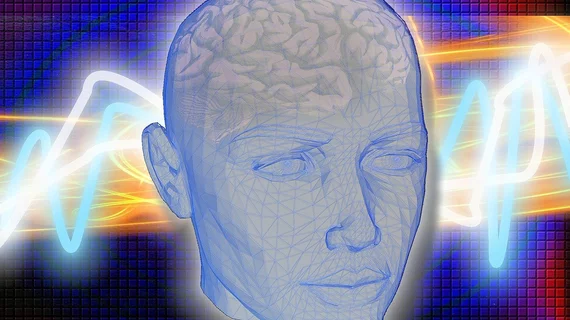NIH has granted $11 million to study post-traumatic epilepsy (PTE) over the next five years, and structural brain abnormalities detected by MRI are among the risk factors the funded researchers will identify as novel biomarkers.
Albert Einstein College of Medicine in Bronx, New York, announced the award May 12.
Einstein’s Aristea Galanopoulou, MD, PhD, will lead the work, collaborating with colleagues at several institutions in the U.S. and one in Australia.
Uniformed Services University of the Health Sciences is among the collaborating institutions. War veterans are believed develop PTE at substantially higher rates than members of the general population owing to battlefield blasts, although years may pass between returning home and suffering a first seizure, according to the Epilepsy Foundation.
The Einstein-led project’s brain MRI component will be part of a study arm concentrating on establishing biomarker panels for patients at risk for PTE—and likely to respond to treatment—following a traumatic brain injury (TBI).
Other tests contributing to these panels include blood tests to detect and measure TBI-associated tau proteins and EEGs to record oscillations in the electrical activity of the brain seen in epilepsy.
Epilepsy of the post-TBI type is “characterized by recurring seizures that begin a week or more after [a traumatic] brain injury, and there is currently no way to identify those at risk for developing PTE or to prevent its onset,” according to the announcement.
To this Galanopoulou adds:
Traumatic brain injuries are one of the most common causes of epilepsy, particularly among people aged 15 to 24 and the elderly. For that reason, PTE requires specialized attention. Our fruitful research collaboration over the past five years laid the groundwork for this grant, and we look forward to translating our findings to the clinic in the coming years, so we can provide hope for patients.”
The groundwork to which she refers was PTE research funded by the NIH in 2017 to the tune of $21 million.
Galanopoulou and colleagues also have received two two-year grants from the U.S. Department of Defense totaling nearly $1.95 million to “develop more realistic animal models of traumatic brain injury and to study how inflammation and the gut microbiome influence the onset of PTE,” according to the May 12 announcement.

